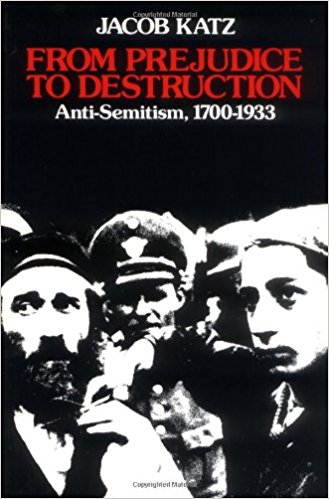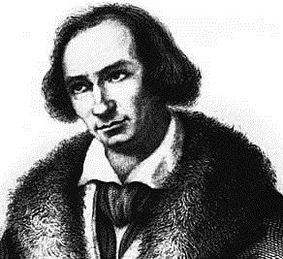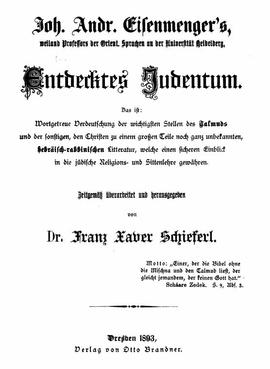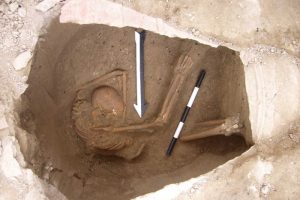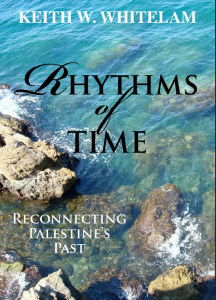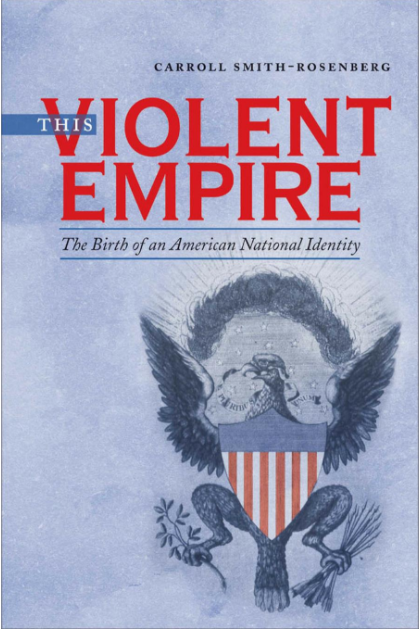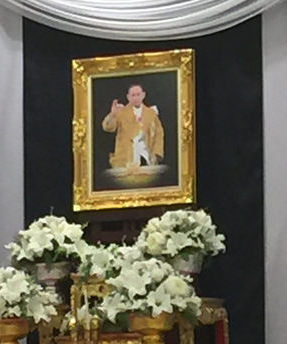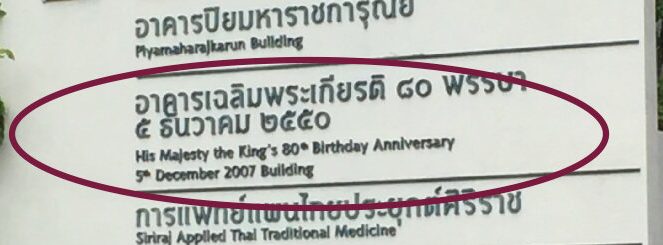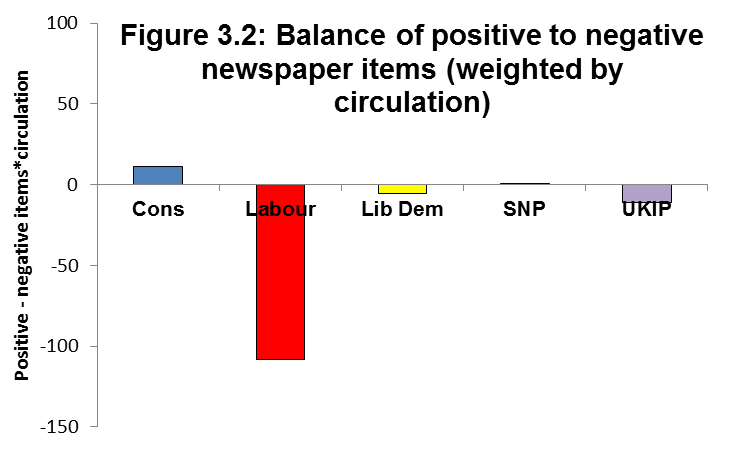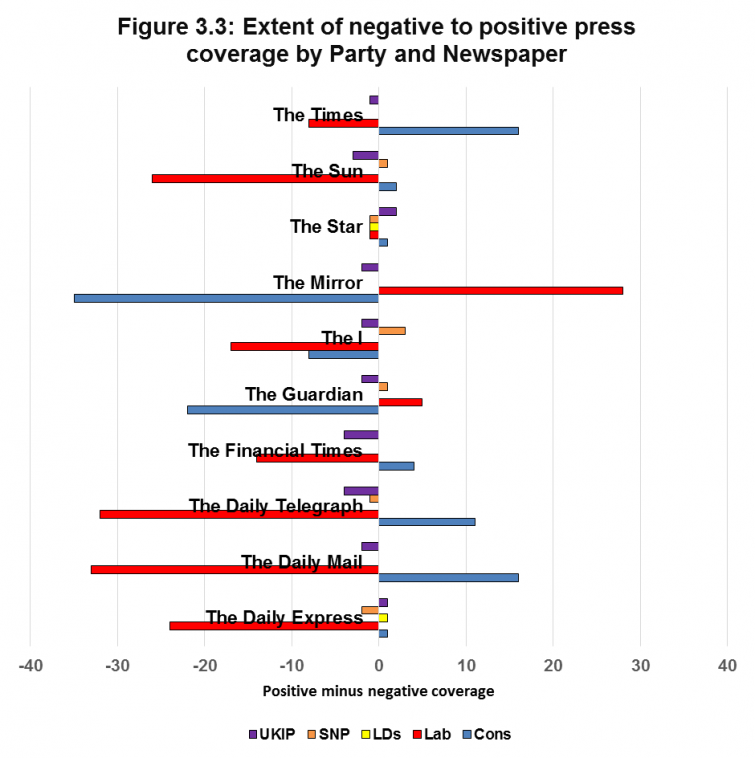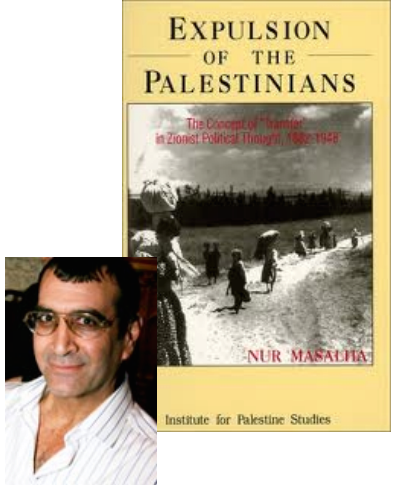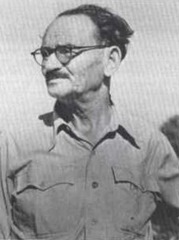Jerry Coyne and Mano Singham have each posted their respective conundrums about Nazis and modern day antisemitism.
FTB (Freethought blogs) blogger Mano Singham raises his question in Why do neo-Nazis hate Jews?
But the anti-Jewish racism of Nazi Germany had a plausible explanation. Demagogues always face a particular problem. Part of their appeal is to pander to their followers by telling them how great their race is. This message resonates especially when they are not doing so well, as was the case in pre-war Germany. But then you have the problem of explaining why, if they are so great, their country and their lives are not wonderful. . . .
Mano points out that the Jews in the US do not single themselves out as obviously different by living in ghettos; to most of us they are essentially indistinguishable from anyone.
So back to my question: Why do the current neo-Nazis hate Jews? I am genuinely baffled.
Mano’s blog post prompted me to pick up from my “waiting-to-be-read” pile of books Jacob Katz’s From Prejudice to Destruction: Anti-Semitism, 1700-1933. It had been some time since I read other answers to Mano’s question, such as Yuri Slezkine’s The Jewish Century and Israel Shahak’s s Jewish History, Jewish Religion, (see my 2011 post, Understanding the Reasons for Anti-Semitism) hence I had an added incentive to make Katz my next read.
Mano’s quandary arises from what I think is confusion between a moment of political exploitation of antisemitism and the reasons for antisemitism itself. Antisemitism has long lurked independently of persons in power who have taken opportunities to exploit and fan it.
That was part of my point in my previous post, Islamophobia Really Is a Twin of Anti-Semitism.
Hard on on heels of Mano Singham’s public query, Jerry Coyne posted his own somewhat perverse confusion in A thought about “Nazis”. I posted a short reply on Mano’s blog but Jerry seems to have a habit of banning from his blog views that dissent from his and he has certainly banned me from posting on WEIT (Why Evolution Is True) — though ironically he deplores the “deplatforming of Richard Dawkins by a Berkeley radio station as “a terrible blow to free speech” — so I cannot offer my response to Coyne personally.
Coyne has a conundrum that he posts in A thought about “Nazis” . . . . Continue reading “Two Baffling Conundrums on Modern AntiSemitism”

